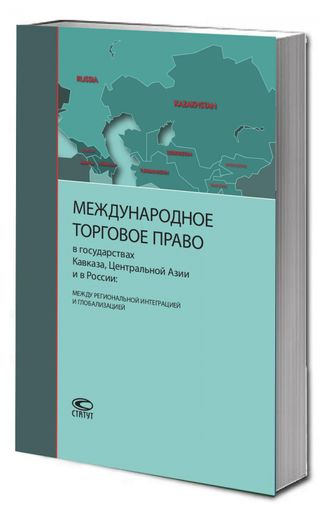?
Международное торговое право в государствах Кавказа, Центральной Азии и в России: между региональной интеграцией и глобализацией.
This publication, prepared by an international team of authors, is a study of economic integration processes in the Eurasian region and is one of the first works containing a multilateral analysis of the norms of regional trade agreements concluded with the participation of states of the Eurasian region (in particular, the Eurasian Economic Union), in the context of membership States in the World Trade Organization and international trade relations with third countries. The study covers issues of interaction between the norms of international economic and national law of the states of the region, practical issues of the Eurasian Economic Commission, such as anti-dumping investigations or issues of sanitary and phytosanitary regulation. The subject of the study was the relationship between the norms of international trade and environmental law, as well as the regulation of energy trade with the participation of states of the Eurasian region. This publication is intended for researchers, graduate students and students studying international trade law and international economic relations, practicing lawyers working in the field of foreign trade, and all interested in international economic law.
